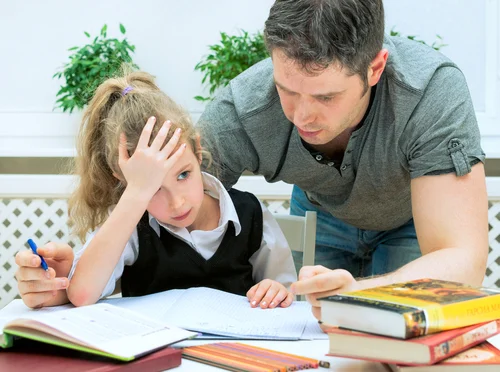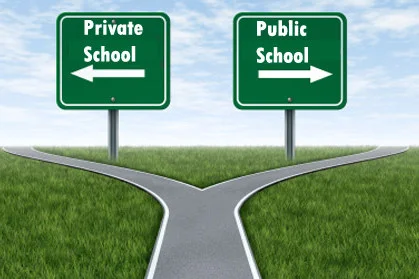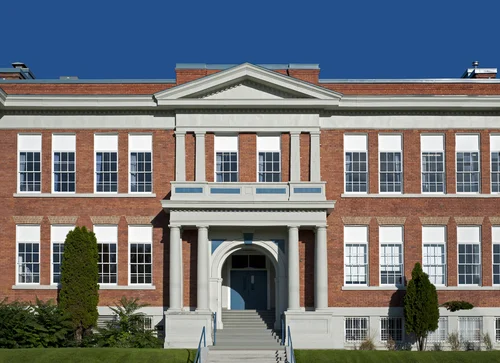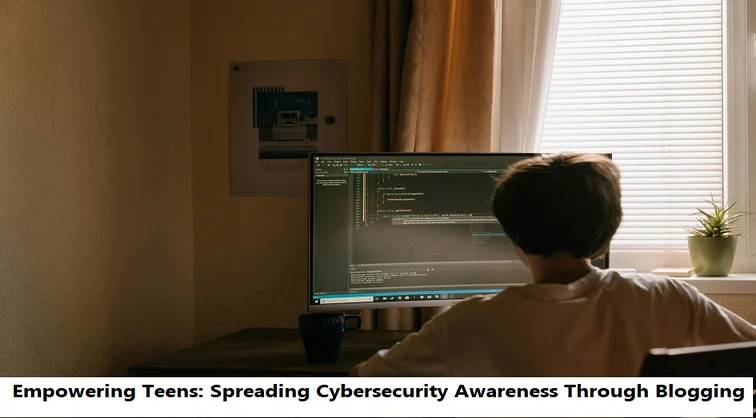+1 845 259 2974 (11 a.m to 7 p.m CST)
Religious activities in public schools: A major concern for parents

The biggest modern-day menace for the church’s separation from the state is in public school – the place wherein American parents send their children to learn the values of tolerance and freedom. And considering the fact that the American population is precipitously becoming even more diverse, teaching those values to their children becomes all the more important for parents. Public schools should be making students, belonging to every background, feel like they are equally welcome if you want democracy in its quintessence to last in the US. So does the bible in the schools belong there?
Sectarian practices in that particular arena, significantly concern the parents. There is bullying and intimidation going in schools; and this is something that the students belonging to all religious minorities have to bear. This is turn compromises the religious expressions of various groups, which in turn becomes a veritable predicament for parents.
Students that are a part of a religious minority are obviously vulnerable to this. No one has to ensure more embarrassment than a Muslim or a Jew teen in Christian schools if they are compelled to participate in, or remove themselves from, Christianity oriented activities. Simultaneously students that belong to majority groups can find their methods of worship being dictated by the school management, which is neither good for personal or religious freedom, nor does it help the parents cause of ensuring that their teen does not face any religious discrimination in their high school.
School prayer dispute is one of the major controversies linked with Catholic schools and Christian schools, and one of the biggest concerns that parents have put forward. Over the past 40 years or so, courts have regularly found that prayers that are “school-sponsored” are indeed unconstitutional, but those that advocate them have repetitively vied to reinstate it. Even though the most recent attempt, “Religious Freedom Amendment” – a misnomer – was parried away in 1988, it did muster quite a lot of support in Congress.
Since public school students are more often than not “young and impressionable” naturally, the courts have, for a considerable time, realized that they must be meticulously shielded from any peer or official pressure. The courts realize that religious and ethnic bullying prevalent in high school, which is an a lot bigger concern for parents than regular bullying. The courts are also aware of the fact that the Establishment Clause of the First Amendment connotes that students shouldn’t be given any impression that a particular faith or religion is school sanctioned or dominates the official curriculum for school, or a home school curriculum.
Not only does this have discriminatory ramifications for the religious minorities, official and school sanctioned prayers imply that religion is a bona fide state function. This is not in synchrony with the US ideal of freedom of religion and belief.
This does not connote that it is mandatory for students to “sign” their faith or beliefs at the door of the schoolhouse. The “Godless classroom” is a myth and voluntary faith practices are never perceived to be illegal. Even though prayers or any religious activities organized officially by public schools are forbidden, the courts do give students sufficient room for religious expression.
If there is no disruption in regular school activity, students have every right to pray wherever, however and whenever they like. Religious groups and clubs that are instigated by students have as much of a right over school facilities as other student clubs. Furthermore, students can even distribute religious material in the school, within certain limits, of course. All these are encouraging points for parents who don’t want their teens to be detached from their religious roots.
However, this does not mean that all these allowances suffice in calming down religious zealots in schools. Since they are blindfolded to the crucial lessons that history has taught humanity, they persist on making public education a means of sectarian discrimination and indoctrination. Even though in their hearts of hearts these zealots feel that their efforts have the “right intentions” but the results have been troublesome, not only for the students but of course for the parents as well.
Some of the recent examples are:
- A Jewish family complained about a public school’s Christian belief “promotion” in Alabama. Parents of the Jewish teens complained that their children were being harassed and one of the teens was being compelled to write an essay with the topic “Why Jesus Loves Me.” In the morning assembly a Christian minister in the school condemns those students not “accepting Christ”.
- A Jewish student in a Utah public school was being forced to participate in Mormon worship and sing religious songs in the choir class. Her parents complained that when the student objected, the teachers publically humiliated are and the class fellows targeted her with anti-Semitic harassment.
- A Jewish high school student in California was asked to play the role of someone who bows to Jesus in a Christmas play. Her parents understandably objected and the controversy caused a massive split in the community.
It’s not as if only the minority students suffer through these dramas. Secular parents also complain about increasing intolerance and suspicion being injected in the teens belonging to the majority groups. When the religious bigotry is state-imposed the educational experience of everyone in the school suffers, in turn giving the parents a massive problem.
Parents need to discuss with the administration of their schools that religious practices should not be a part of the official school activities. They need to be vocal about how public schools need to be reserved for activities that bind us together as a nation instead of causing communal cracks. Religion should be practiced and taught in the worship places and families and parents need to be more vigilant about ensuring this. It is something that is too significant and indeed too personal for the state to have any involvement in it.






















